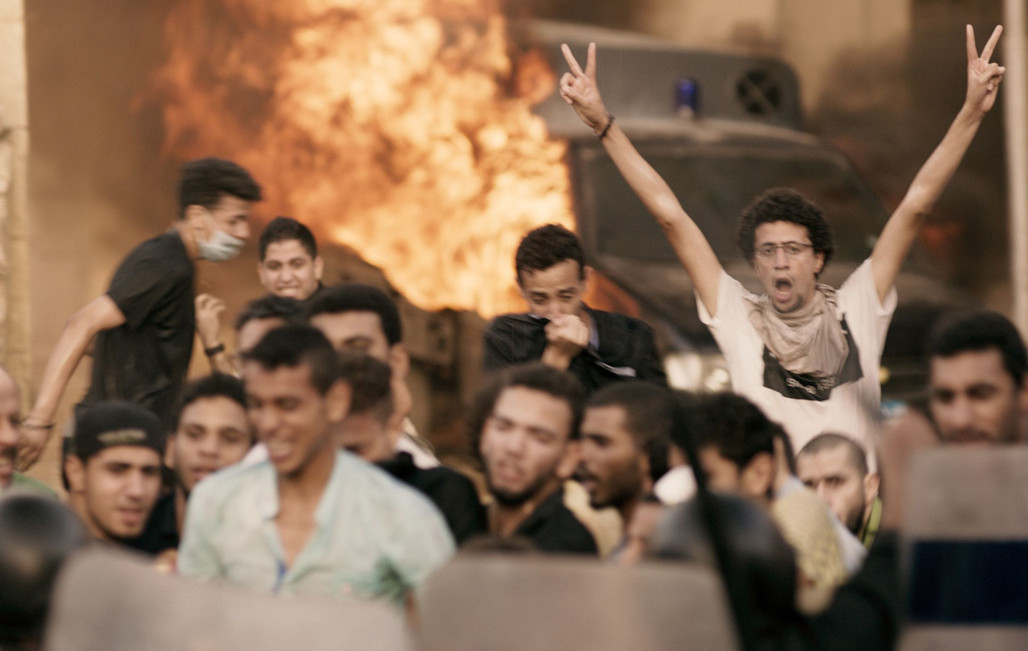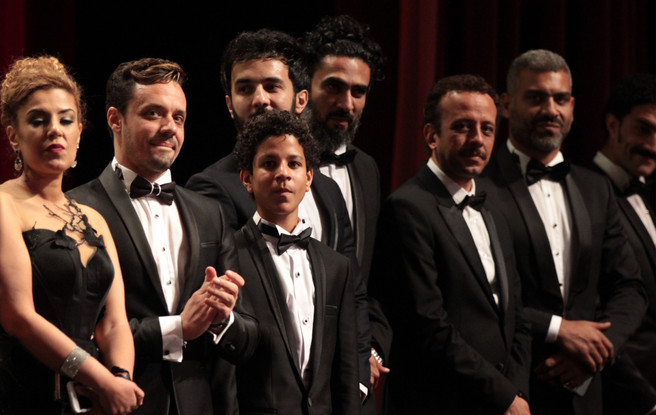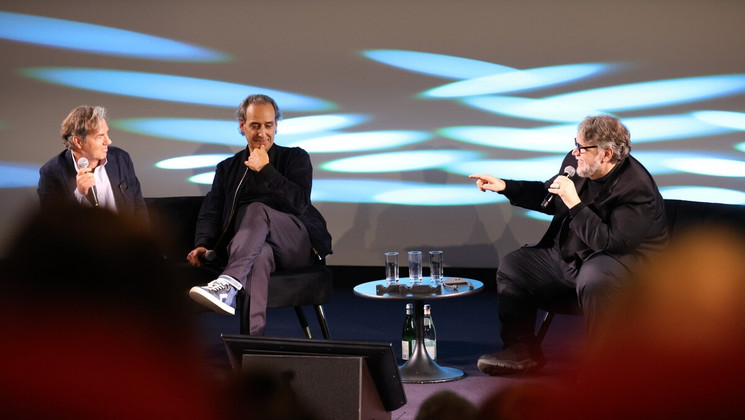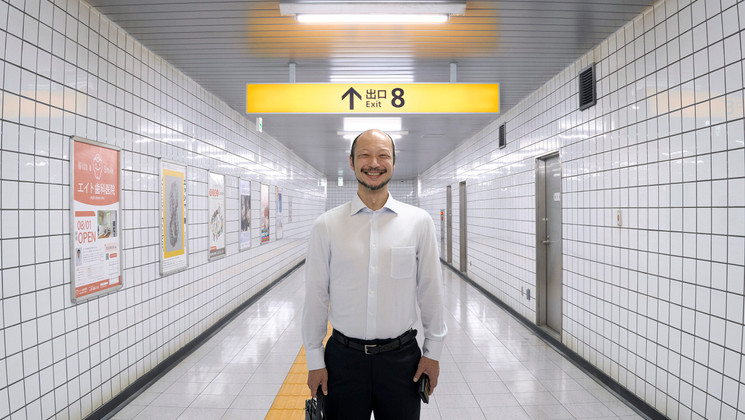
Eshtebak (Clash), interview with Mohamed Diab

The dedicated director Mohamed Diab opens Un Certain Regard with Eshtebak (Clash), his first film in the Official Selection. The Egyptian revolution drives the plot of his second feature film behind the camera.
What inspired you to begin work on this film?
Immediately before the revolution, CAIRO 678 (my last film) had just been released and I happened to be doing lots of TV interviews to promote it. Having access to the press allowed me to voice my support for the revolution. I wanted to make a film about the revolution, but things were moving so fast that every idea I had became obsolete before I could even finish it. Khaled Diab, my brother, whom I’d worked with before, came up with the idea of filming people stuck in a police truck on a hellish day. I felt the idea captured the complexity of the situation in Egypt. We re-wrote the film 13 times, until we felt it was right. Three years later, the script still represents what Egypt is like today. It’s very ironic that what initially started as a film about the rise of the revolution ended up being a film about its fall.
Please describe the atmosphere on set. Anecdotes welcome.
In Clash, we had to recreate real events that every Egyptian has lived through, which is why my main goal as a director was to capture reality. We had time constraints; I had 27 days to finish a film that needed 60 days of filming. The best thing I did was to get the right people who were as passionate about the film as I was. During the shoot I kept the camera rolling all the time. I developed a special talent for giving directions to my actors through a microphone.
The action sequences were hard. I had excellent stunt coordinators but the untrained extras would not listen to directions easily. What you end up seeing in the film is not a recreation of an action sequence; all the action is real and live. Everyone who worked on the film thinks this is the hardest thing they’ve done in their careers.
Please share a few words about your actors.
The concept of the film demanded a lot from the actors, whether they had one line or twenty. The story is about the tragedy of being stuck in a police truck for a whole day, but the actors were stuck in the truck for 27 days! In the last week of the shoot, most of them had panic attacks and nightmares.
What are your views on the film industry in your country?
At one point, in the 1960s, Egyptian cinema generated 25% of our GDP. Although we make fewer films now, since the revolution, more and more people want to express themselves away from the confinement of the system. The real problems we have now are censorship and persecution. Every new regime establishes their own new code of ethics and a new set of red lines. The new regime seeks to prove that they are more conservative than their predecessors, so now we have a novelist in prison for the profanity in their novel; a producer sentenced for the obscenities in their film; and a journalist and a TV host incarcerated for criticising Islam. Needless to say, we don't feel safe as artists.



